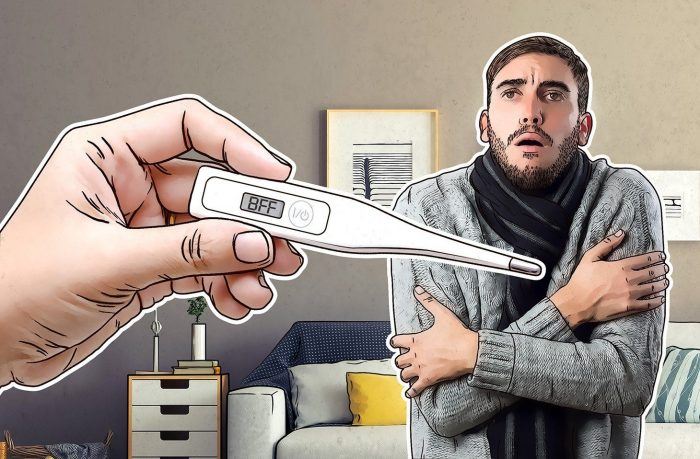
App permissions in Android 8: The complete guide
Android lets you configure app permissions to protect your data and restrict access to dangerous functions. We explain how to do it and why.
493 articles

Android lets you configure app permissions to protect your data and restrict access to dangerous functions. We explain how to do it and why.

This edition of the Kaspersky Lab podcast looks at the latest — a British Airways hack and Facebook’s litigation.

Fortnite for Android is not available on Google Play. We explain how to download and install it properly, and what else to do to stay safe.

WhatsApp for Android can back up your chats to Google Drive. It’s free, but it may hurt older backups. Here’s how to get it right.

In this edition, Jeff and Dave discuss Facebook’s investigation of Crimson Hexagon, a voyeur Uber driver and more.

Imagine a security solution that adapts to your lifestyle and protects you wherever you need it. We’ve designed that solution — take a look at Kaspersky Security Cloud.

Kaspersky hogs the CPU, collaborates with the KGB, and writes viruses? We bust these myths and explain their origins.

In this edition, Jeff and Dave discuss a Facebook privacy loophole, Walmart patenting listening software, e-mail being too hard, and oh yeah, some data breaches.

In this edition, Jeff and Dave discuss how a McDonald’s drive-thru was hacked, USB drama, and more.

No PIN on your phone? Pickpockets will thank you for that.

Creators of ad mailings and spam are very interested in knowing whether you read their messages. This post explains how to protect against e-mail tracking.

We investigate intercepting smartwatch motion-sensor data to monitor people and steal information.

Advertising in voice assistants is coming soon. We examine how it will use personal data and what you can do about it.

Stress relating to technology and cybersecurity is an escalating issue we can’t escape.

Rumor has it that typing “BFF” as a Facebook comment checks your profile security. We investigate the claim.

Even very popular apps display ads using third-party code, which can transmit personal data unencrypted.

Find out if your smartphones, tablets, and laptops are coming between you and your loved ones.

The European Commission’s proposed ePrivacy Regulation takes effect in May 2018. Why is it a battle — and who is fighting for what?

Harmless toy or a way to phish for personal data?
